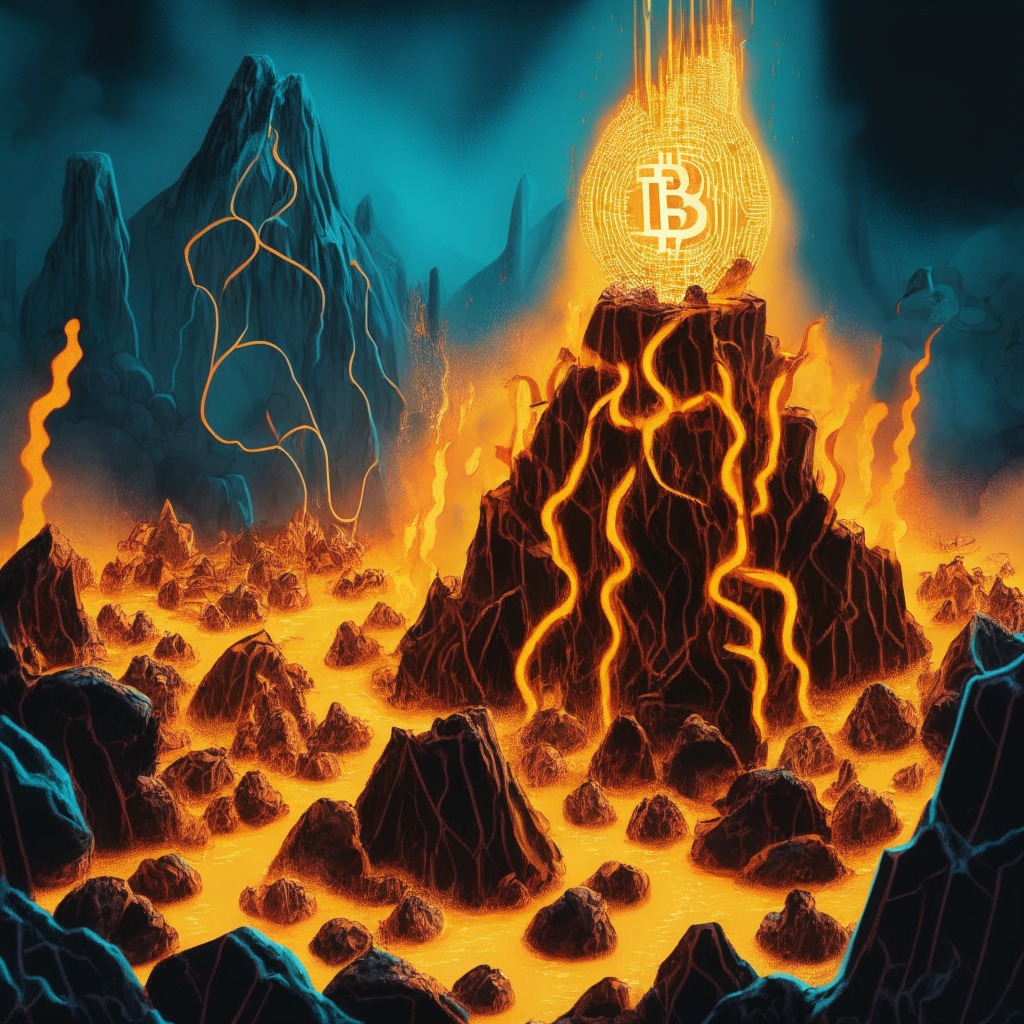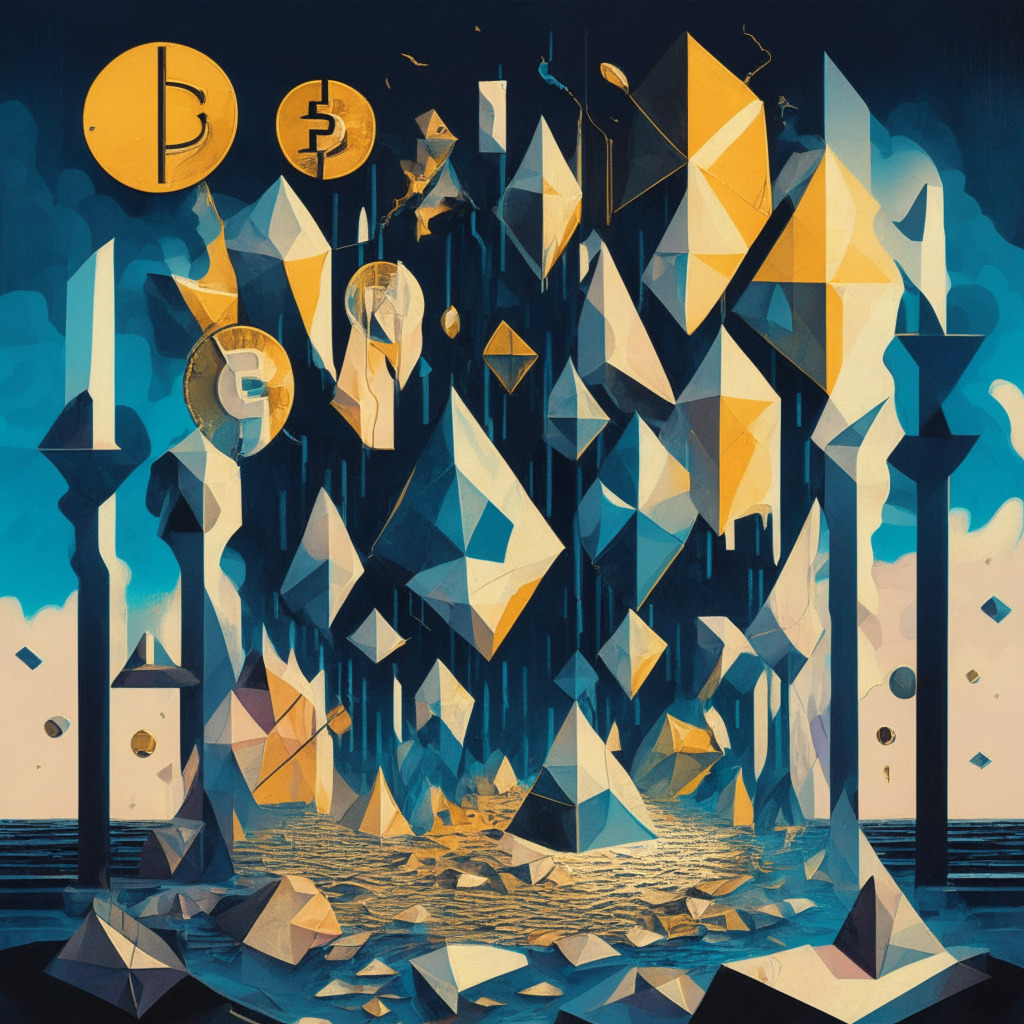On May 23, China Central Television (CCTV) aired a short segment regarding the adoption of cryptocurrencies in Hong Kong. The state news anchors informed its viewers about Hong Kong regulators’ final preparations for virtual asset trading in the special administrative region (SAR). This coverage was viewed as a big deal by some, such as Binance CEO Changpeng Zhao, who said that historically, such broadcasts led to bull runs. However, the excitement was short-lived as Chinese authorities removed the link just two days after the program aired.
In other news, Hong Kong’s Securities and Futures Commission (SFC) finalized its cryptocurrency regulations on May 23. The SFC stated that exchanges could now provide services to retail investors, a departure from its previously institution-only approach. Crypto exchange Gate.io has already kickstarted its Gate.HK platform for registration and trading services in the SAR, and Hong Kong virtual bank ZA Bank announced plans to launch virtual asset trading services for retail investors under the new licensing regime.
In a different development, Terraform Labs co-founder and CEO Do Kwon’s bail was revoked by the High Court of Montenegro, ordering him and former Terraform Labs CFO Han Chong-joon to return to jail. Kwon faces up to 40 years’ imprisonment in criminal proceedings against him in South Korea and five years in prison on falsified charges in Montenegro.
Meanwhile, Singapore-based Multichain’s cross-chain token experienced a 30% price drop on May 24, even though the token had reached an impressive peak before the rumors. The panic started after users experienced abnormally long transaction times following a recent backend node upgrade. Concerns grew into a full-blown panic when arrest rumors about Multichain developers allegedly being detained by Chinese police began circulating on Twitter. Binance suspended ten bridge-networks associated with Multichain until it receives clarity from the development team.
Lastly, memecoins such as Pepe Coin (PEPE) and Milady (LADYS) have seen their prices fall by over 50% within the last two weeks. This rapid decline could be attributed to the fact that the developers of these tokens have warned that their creations have “no intrinsic value” and are “completely useless.” Cross-chain wallet developer BitKeep published a report arguing that it was essential to recognize that memecoins, which derive their value primarily from short-term hype and speculative fervor, may not retain substantial value over the long term.
Source: Cointelegraph




